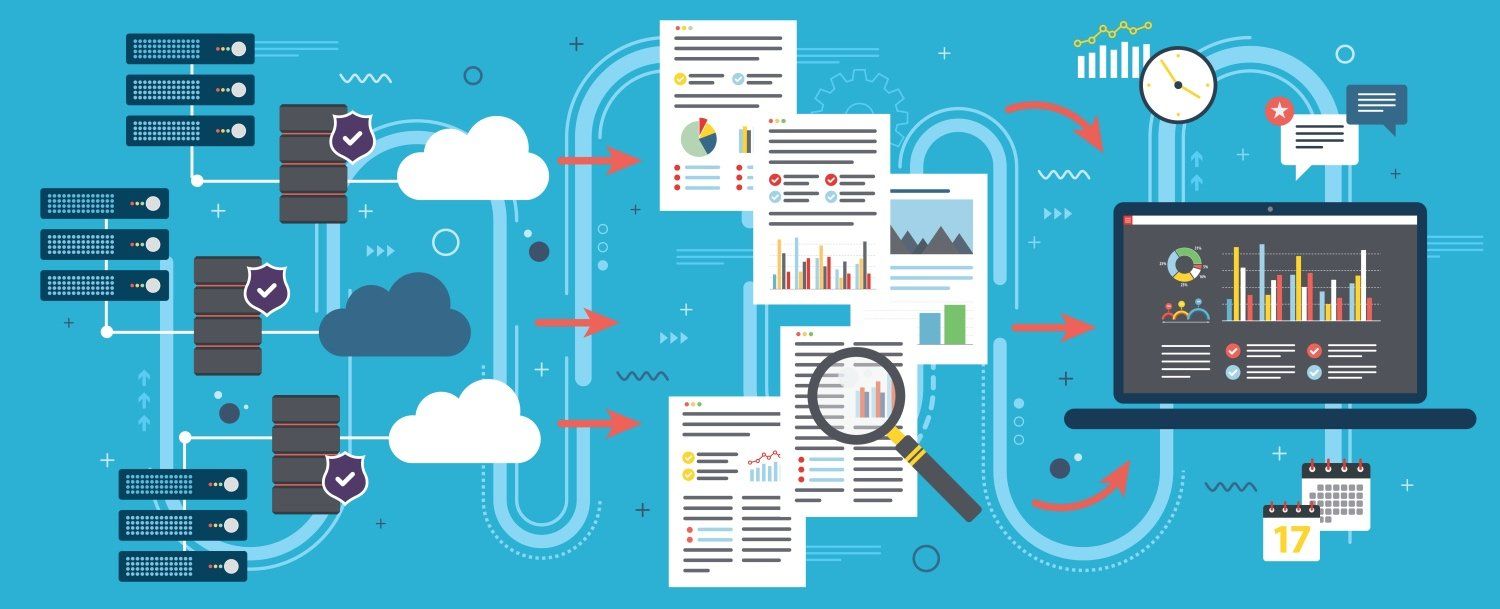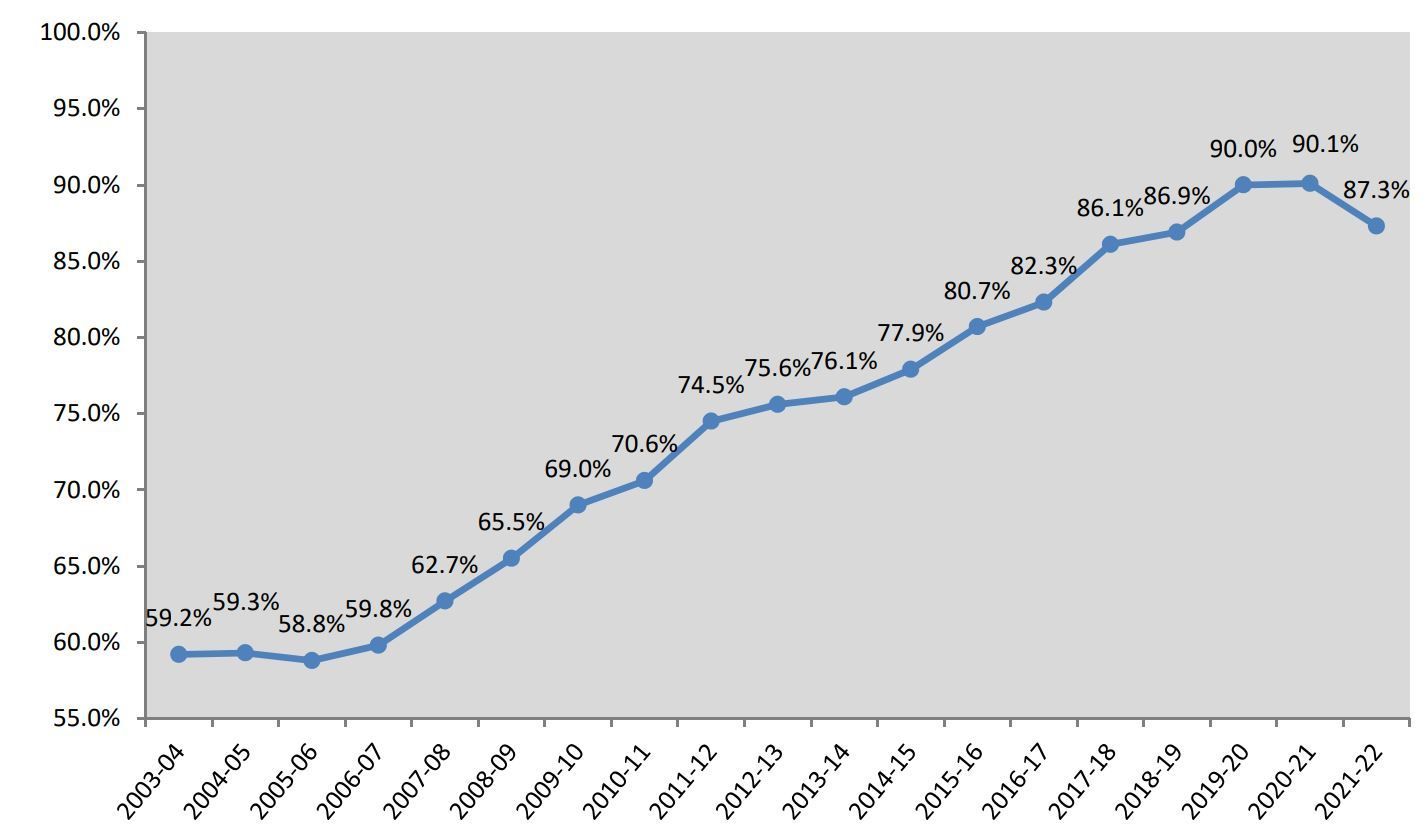Technology & Learning Connections

Data Tools
Data tells us how we are doing; if we are achieving our goals. It lets us know if our strategies are working or if we need to change something. Data guides our problem solving activities; letting us know if we have a problem, pointing to possible changes, and telling us if what we changed made the difference we needed to make.
Sometimes our feelings about how we are doing and what the data says can be different. Take, for example, Florida's graduation rate. From 2004 to 2022 Florida's graduation rate increased from 59.2% to 87.3%. We still have work to do but we are making progress in the right direction. Yet for many of these years some felt that changes were causing problems in the classroom. Things like accountability, high stakes testing, instructional standards, response to intervention, multi-tiered systems of supports, inclusion, accessibility, and Universal Design for Learning. While people have very different feelings about these changes in education, they have all been a part of the improvements we are seeing in our data.
Below are a variety of data resources and tools that can be useful in determining if we are meeting our goals and, if not, can be useful in guiding us through problem solving activities.
Florida Graduation Rate 2004 - 2022
https://www.fldoe.org/core/fileparse.php/7584/urlt/GradRates2122.pdf
EduData: District and School Report Cards (ESSA)
This link provides access to Florida Report Cards , advanced reports and data files in a variety of formats including graphs, tables, maps, custom reports, and spreadsheets based on your interests in education-related data.
Know Your Data (Advanced Reports)
Florida’s PK-20 Education Information Portal connects people with reports and statistical information about Florida education and outcomes for students, staff, and schools.
Florida's K-12 Student Assessment Results
Florida Standards Assessment (FSA), Statewide Science Assessment, Florida End-of-Course (EOC) Assessment, and historical Florida Comprehensive Assessment Test® 2.0 (FCAT 2.0).
Continuous Improvement Management System (CIMS - Public)
The Continuous Improvement Management System (CIMS) is a web application developed by the Bureau of School Improvement (BSI) to provide district and school teams with an online platform for collaborative planning and problem solving as well as a public site for stakeholders to access approved plans. The public side provides access to District Improvement and Assistance Plans (DIAP) and School Improvement Plans (SIP).
ESE Policies & Procedures (ESE P&P) Monitoring
Section 1003.57(1)(b)4., Florida Statutes (F.S.), requires that district school boards submit to the Florida Department of Education (FDOE) proposed procedures for the provision of special instruction and services for exceptional students once every three years. The Bureau of Exceptional Education and Student Services is required to examine and evaluate procedures, records, and programs of exceptional student education; provide information and assistance to school districts; and assist the districts in operating effectively and efficiently. The district reports can include data on graduation rate, dropout rate, inclusion, and discipline. The availability of comprehensive district reports depends on a variety of factors, including the need for assistance. Some districts may not have a comprehensive report available online.
Charter Schools School Improvement Reports
View the Florida Charter Schools Accountability Report and Student Achievement Reports.
